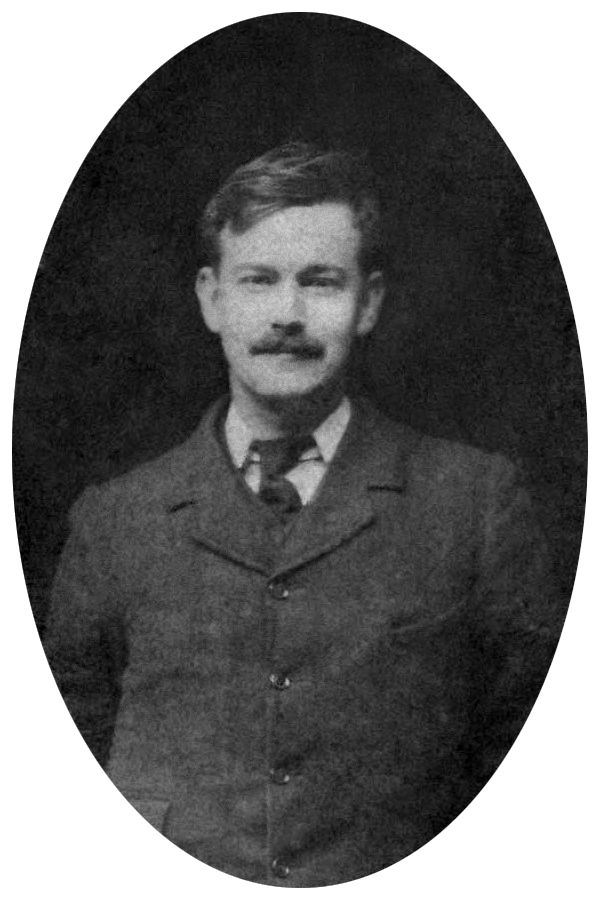“They would very strongly advise”
Secondary Education For All (1922)
Kontext: They would very strongly advise that in selecting children for higher education care should be taken to avoid creating, as was done, for example, in India, a large class of persons whose education is unsuitable for the employment they eventually enter.
